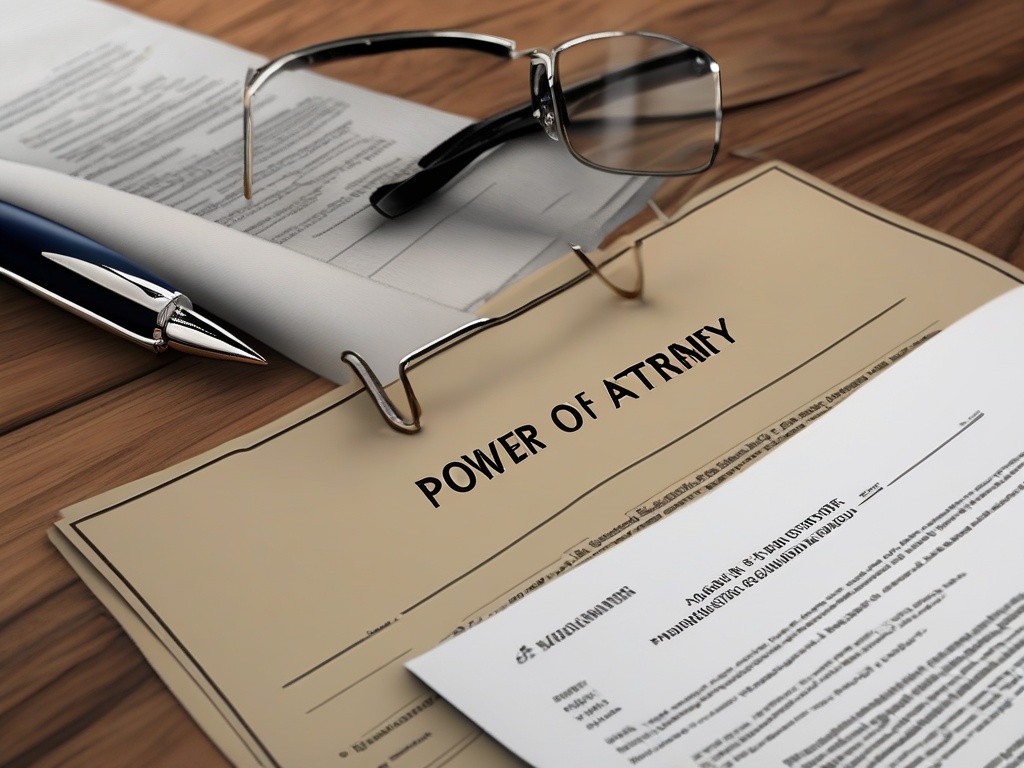
Unveiling the Power: How a Power of Attorney Commands Authority in Critical Moments
In times of unforeseen circumstances or impending incapacity, the Power of Attorney (POA) emerges as a vital legal instrument that grants someone you trust—known as an agent or attorney-in-fact—the authority to act on your behalf. This instrument is not merely a document; it embodies a profound trust, enabling decisive action when you are unable to represent yourself. Imagine facing a health emergency or complex financial dilemma—here, a well-crafted POA can be your silent guardian, ensuring your interests are safeguarded without delay.
The power conferred by a POA is both flexible and robust, tailored to meet specific needs. It can range from granting general authority—covering all financial and legal decisions—to limited authority, such as managing a single transaction or handling particular medical decisions. When activated, a POA provides the agent with the legal capacity to sign documents, make decisions, and act in your stead, often with the same rights as you possess. This authority is especially crucial during emergencies, ensuring that your healthcare choices or financial obligations are handled swiftly and efficiently. The effectiveness of a POA depends on its clear drafting, the scope of authority granted, and the circumstances under which it becomes active, making it a powerful tool that commands trust and authority precisely when it’s needed most.
Mastering Control: The Strategic Mechanics Behind Power of Attorney Agreements
At the heart of effective estate and decision-making planning lies a nuanced understanding of the intricate structure of Power of Attorney agreements. These legal arrangements are not merely documents; they are strategic tools designed to allocate authority with precision, ensuring that your intentions are upheld under any circumstance. Mastering the mechanics involves recognizing how these agreements are crafted to balance flexibility with control, empowering your chosen agent to act decisively while safeguarding your core interests. The strategic implementation of a POA requires meticulous planning—defining the scope of authority, establishing activation conditions, and ensuring that the document aligns with your long-term goals. By doing so, you create a seamless framework that activates exactly when needed, providing peace of mind and operational efficiency in critical moments.
Guardianship and Beyond: Protecting Your Interests with a Power of Attorney
While guardianship often conjures images of court-appointed custodianship for minors or incapacitated individuals, a Power of Attorney (POA) offers a more flexible and customizable approach to safeguarding your interests. Unlike guardianship, which is usually a court process that involves oversight and restrictions, a POA enables you to pre-select a trusted agent to act on your behalf before any crisis occurs. This proactive strategy allows for seamless decision-making, whether managing financial affairs, healthcare choices, or property matters, without the need for ongoing judicial intervention. It empowers you to maintain control over your personal and financial life while establishing clear boundaries and authority levels tailored to your specific needs.
